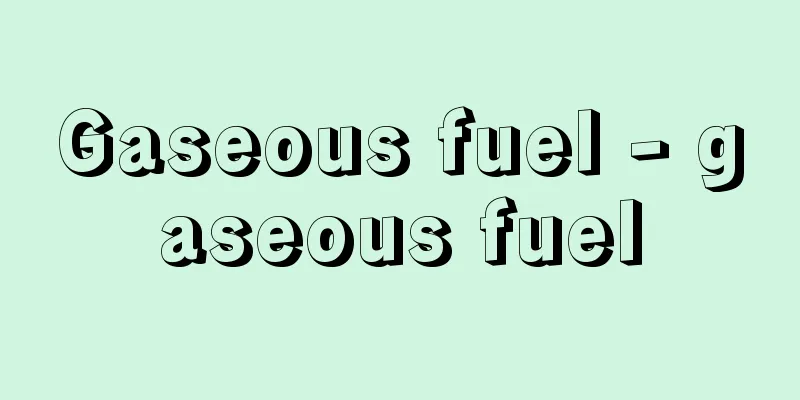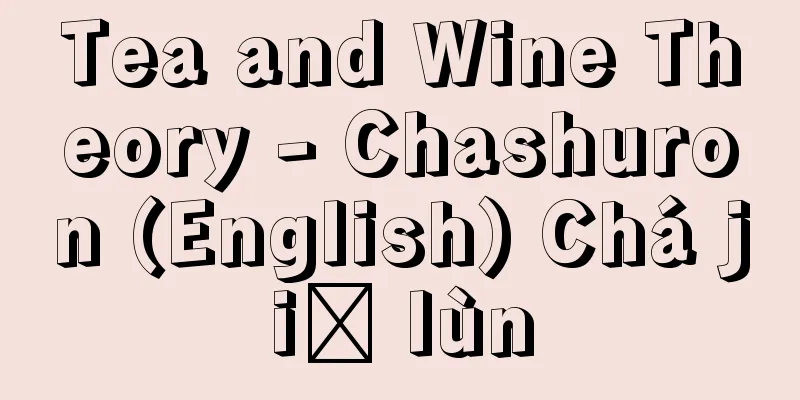Reconciliation - Wakai

[1] 〘 noun 〙① To make amends by ceasing a dispute. To make peace. To make peace. Also, to mediate. ※Shiji Sho (1477) 6: “Though the words were suspicious, the matter was resolved, and the two parties were reconciled.” 〔Shiji - Han Wang Xin Biography〕② To have a peaceful heart. To be at peace with one another. ※Kabuki - Naritasan Bunshin Fudo (1703) 3: “The queen, Xunda-nyo, came to the cave and deceived the immortal with her powerful powers, and they immediately reconciled .” 〔Xunzi - Wang System〕③ A contract in which the parties in a civil dispute make concessions to each other and end the dispute. In addition to settlement contracts under the civil code, there are also summary settlements made by the parties in a summary court before filing a lawsuit, and judicial settlements made by a judge during the pendency of a lawsuit. [Futsuwa Horitsu Jiji (1886)] ④ In Christianity, something given to humans as a blessing from God. It is said to have been achieved by the atonement of Jesus Christ's death on the cross. ⑤ ⇒ wage (reconciliation) [2] Novel. Written by Shiga Naoya. Published in 1917 ( Taisho 6 ). It depicts the inner workings of the protagonist Junkichi as his long-standing feud with his father gradually thaws. It is a personal novel that depicts the anguish and frustration entangled in the conflict between love and hatred between family members.Wa-ge [reconciliation]Source: The Selected Edition of the Japanese Language Dictionary About the Selected Edition of the Japanese Language Dictionary Information |
[1] 〘名〙① 争いをやめて仲直りすること。和睦。わげ。また、仲裁すること。※史記抄(1477)六「言は雖有疑心然れども事已、和解しつるうへはと云義なり」 〔史記‐韓王信伝〕② 心がなごやかになること。なごやかに打ちとけること。※歌舞伎・成田山分身不動(1703)三「旋陀女といふ后、彼の岩屋へ来り、色をもって誑かし、かの通力自在の仙人忽ち和解(わかい)す」 〔荀子‐王制〕③ 民事上の紛争について、当事者が、互いに譲歩して争いをやめる契約。民法上の和解契約のほか、訴えを起こす前に当事者が簡易裁判所に出頭してする即決和解、訴訟の係属中に裁判官の仲裁によってする裁判上の和解などがある。〔仏和法律字彙(1886)〕④ キリスト教で、神の恩恵として、人間に与えられるもの。イエス‐キリストの十字架の死による贖罪によって成就されるとしている。⑤ ⇒わげ(和解)[2] 小説。志賀直哉作。大正六年(一九一七)発表。長年にわたる父との確執が次第に氷解していくまでの主人公順吉の心の動きを描く。骨肉の愛情と憎悪の相剋にからむ苦悩と焦燥を描いた私小説。
わ‐げ【和解】出典 精選版 日本国語大辞典精選版 日本国語大辞典について 情報 |
Recommend
Maniai paper
A type of ganpishi paper, it was used for sliding ...
Nuclear cascade - Kakukascade
…When the incident particle is a hadron, multiple...
Air refueling tanker
An aircraft that refuels fighter planes and airbo...
Scutellaria - Golden
〘Noun〙① A perennial plant of the Lamiaceae family....
Iguazu Falls - Iguazu Falls (English name) Salto do Iguaçu
In Spanish, it is called Cataratas del Iguazú. The...
Baking paint - Yakitsuketoryo (English spelling) Baking paint
Paints that are designed to form a coating when ap...
Cationic dye
… With the emergence of acrylic fibers, the vivid...
Annen - Annen
Year of death: Unknown (Year of death unknown) Yea...
event
... A mathematical term. When trying to associate...
Reed hand - ashide
Along with Kusagana, Hiragana, and Katakana, this...
Dolomite
A double carbonate mineral of calcium (Ca) and ma...
Woven cashmere - Orikashimiia
...Most of the patterns are Indian pine, almond-s...
Zinnia haageana (English spelling) Zinnia haageana
… [Eiichi Asayama]. … *Some of the terminology th...
Bout (English spelling)
Kickboxing, wrestling, fencing, and other martial ...
Six Jizo
[1][1] Buddhist term. Six types of Jizo Bodhisattv...









